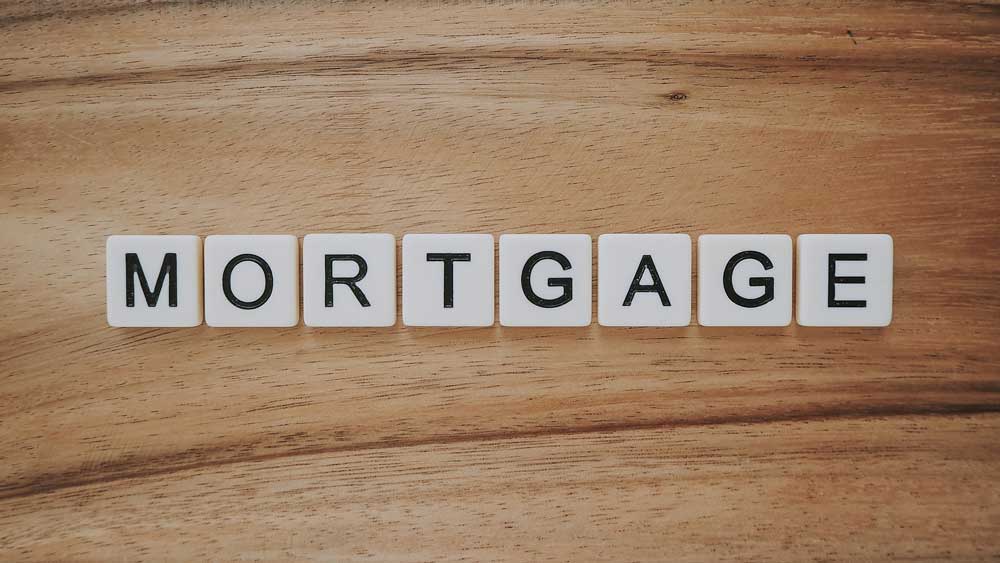
Last updated on August 16, 2021
As more and more people look to expand their real estate portfolio, the recreational housing market continues to see strong demand in the United States and Canada. For some, a second home may represent a welcome escape from the busy city life. For others, a second home may represent an opportunity to generate a return on investment as a revenue-producing vacation rental or other investment property. Regardless of the motivation, second home sales are on the rise.
For anyone who is considering taking out a mortgage in order to purchase a second home, the interest rate available to you will be an important consideration. Inevitably, the question will arise: are mortgage rates higher for second homes? As this article will show, typically mortgage rates are higher for second homes given the risk profile associated with such properties. Your personal financial situation, however, will also impact the interest rate available to you.
What Interest Rate Can You Expect on a Second Home?
While the available interest rate can vary based on the property type, your financial profile and the local market, amongst other factors, you can expect to pay rates that are 0.25% to 0.5% higher than you would for a primary residence. Therefore, if a bank is offering a 3.0% interest rate on a primary residence, you can expect to pay between 3.25% to 3.5% on a second home mortgage. Of course, this is just a general rule of thumb so be sure to shop around for the best rate.
To illustrate the difference this makes on monthly payments using different mortgage amounts, we’ve prepared a few examples (all assuming a 25 year amortization period):
- Mortgage amount: $250,000
- Monthly payment at 3.0%: $1,185.53
- Monthly payment at 3.5%: $1,251.56
- Mortgage amount: $500,000
- Monthly payment at 3.0%: $2,371.06
- Monthly payment at 3.5%: $2,503.12
- Mortgage amount: $750,000
- Monthly payment at 3.0%: $3,556.58
- Monthly payment at 3.5%: $3,754.68
- Mortgage amount: $1,000,000
- Monthly payment at 3.0%: $4,742.11
- Monthly payment at 3.5%: $5,006.24
Be sure to use our mortgage calculator for more specific calculations.
Why Are Mortgage Rates Higher For Second Homes?
Interest rates are typically higher for mortgages on second homes when compared to primary residences since lenders view these purchases as being inherently riskier. Unlike a primary residence, a second home is not a necessity. If the owner of the property goes into financial distress, chances are that this property will be the first asset to go into default. Lenders realize this and therefore often charge a higher rate given the heightened risk profile.
Due to the increased risk of default, mortgages on second homes typically have stricter lending criteria, higher interest rates and larger down payment requirements. Banks will take a close look at your credit score, income and outstanding debts to ensure you can handle the additional monthly payments (more on this later). For the down payment, while certain lenders may require a down payment of only 5% for a primary residence, many lenders in the United States and Canada will require a down payment of at least 20% for a second home.
How Do Personal Finances Impact Mortgage Rates for Second Homes?
Depending on your lender, credit history and current financial state, you may be able to secure a reasonable second home mortgage rate. You may, however, end up paying a higher rate if you have a poor credit score or your debt to income ratio is less than desirable. Your debt-to-income ratio is the percentage of your gross monthly income that goes to paying your monthly debt payments (total monthly debt payments divided by gross monthly income).
So what credit score and debt to income ratio should you strive for? A credit score of 700 or more is where you can expect to pay the lowest rates both in the United States and Canada. It’s recommended that homeowners avoid going over 36% of their gross income when factoring in total debt payments, although some lenders may permit a borrower to have a ratio of up to 43%. Keep in mind that rental income can be used to offset the costs of servicing the mortgage and certain lenders may give you credit for up to 70% to 75% of the fair market rents.
How Can You Secure the Best Rate
The initial second home mortgage rate quoted by your bank may not necessarily be the best rate. Rather, working with multiple lenders or a reputable mortgage broker will help secure the best possible rate. It’s also important to get your finances in order by having a strong credit history and maintaining a serviceable debt to income ratio.
So are mortgage rates higher for second homes? Typically yes but as this article illustrates there are certain things a homebuyer can do to secure the best rate.
